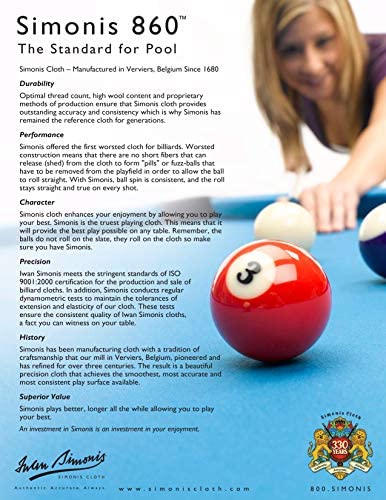
Pool is a game that has a long history. It began as a form or croquet game in the 15th-century. Later, pool was used to bet. This resulted in the creation of the pool hall. Today pool is enjoyed all across the globe, from the United States to the Philippines to Europe. However, there are many misconceptions regarding this popular sport. It's a very regulated sport, which requires a lot skill. Another misconception is that it is a game of luck.
Pool is a game that is played with the use of a cue and balls. Although they are small, the balls play a significant role in the game. You can also find a variety of shapes and patterns. You need to be familiar with the correct uses of the balls in order to understand the game. It can be difficult to use these balls, so it is important that you understand their reactions to different shots.
Most pool balls made before the 19thcentury were made out of wood. In the first years of the century, pool players began to use other materials such as clay. The balls were made of plastic after the middle of the 19th century. Some were even made of ivory. They were very expensive and could still be made until 1920. They were not stable. Celluloid, another material, was discovered and widely accepted.

Leo Baekeland, an American chemist, discovered petroleum-based plastic in 1907. This material proved to be ideal for pool balls. Plastic was eventually discovered to be a great substitute for original wooden balls.
In 19th-century parlors, where horse races were being bet upon, pools were made. The name of the game was changed. The French queue system, which was an old system to ensure horses didn't cross the finish line, was the original name of the game.
Billiards and pool have changed from being a lawn game to one that can be played indoors. Nine-ball is the most popular type of pool. The majority of pool players today are either solo or with a team. The rules of pool may be standardized, but each player has his or her own name. To win, players should be familiarized all regulations and rules.
Although most pools are located in public areas, it's important to be aware that untreated pools can pose dangers. Public pools are full of germs and can be very dangerous for a number of reasons. Not only can they harm your health, they can also cause a lot of inconvenience and frustration. Many adults confess to swimming for relief.

A child in a pool is one of the most deadly accidents. Over the past few decades, salt chlorination systems have gained popularity. These technologies can make your pool safe. These systems don't work for every pool. Another option is to use algaecide in combination with chlorine disinfectant.